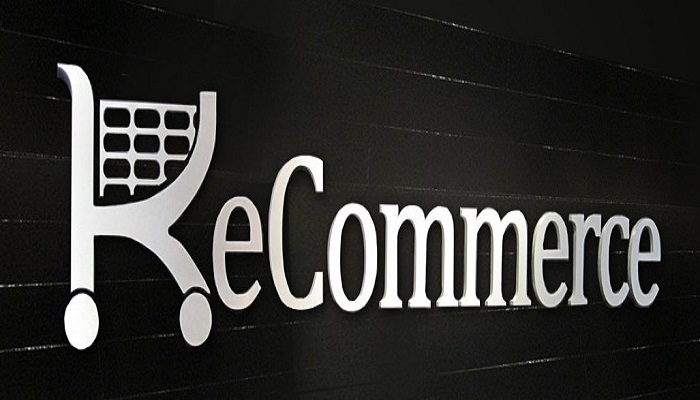Recalls can be a tricky legal business. Manufacturers release them because they want to avoid the possibility of a lawsuit. Yet the mere act of issuing a recall can open a business up to liability. If you’re like most eCommerce stores, you probably aren’t going to be manufacturing the goods yourself. In that case, you will find yourself in the tricky position of knowing how to respond. Here is what you need to do.
Document Your Own Efforts at Providing Safe Products
It’s possible that your eCommerce store could be sued if you are selling products that the manufacturers are recalling. Generally, you can get the manufacturer to indemnify you, but that is a time-consuming process. In the meantime, you may still be required to pay the damages, even if the manufacturer will later have to pay you. Also bear in mind that the manufacturer will generally not have to pay for your legal fees or the filing fees. These can easily enter into the thousands of dollars, even in a fairly brief recall case. To protect yourself, make sure that you keep record of all your efforts to provide only safe products for your customers. If you check what everyone does, or if you review studies, then keep track of this.
Send Out a Copy of the Notice
It’s not required that you provide notice of the recall if you are not the manufacturer. However, it will only help to make you safer if you let people know about the recall. An eCommerce website example of a recall can be seen in the lead-paint incident with the Toys R Us homepage. They issued a notice that they emailed out to all of their newsletter subscribers and posted a scrolling text banner on the home page to alert parents of the manufacturer’s warning and recall. This way, newcomers knew about what was going on, and the individuals who actually purchased the toys had a greater chance of finding out.
Always Discontinue the Product
As soon as you find out about a recall, make sure that you stop selling the product. If you have products that are about to ship out, refund the money and take the product down. You’ll want to explain to your customers the reasons that you cannot ship the item. Never assume that they’ll figure it out. But most importantly, don’t send that product out. Otherwise, you could wind up being individually liable because you knew of the recall.
Most eCommerce stores do not actually manufacture the goods that they sell. They serve as a midway point between the manufacturer and the consumer. When a recall comes up, the manufacturer is the one who will be liable, but the eCommerce store could wind up with some liability even if the manufacturer eventually does indemnify it. Make sure that you document your efforts to protect your consumers, and be certain to send out copies of the recall as well. Then when the recall does come out, make sure that you discontinue the product. Don’t try to squeeze out a few more sales.


